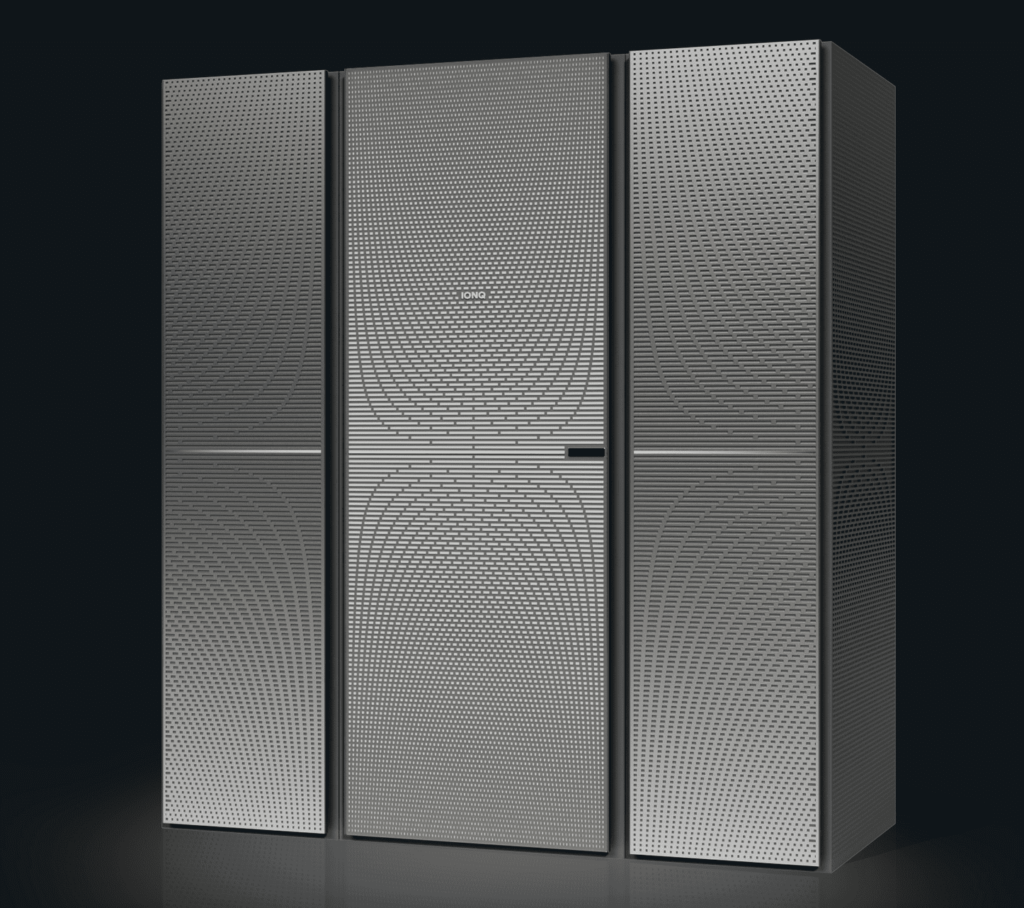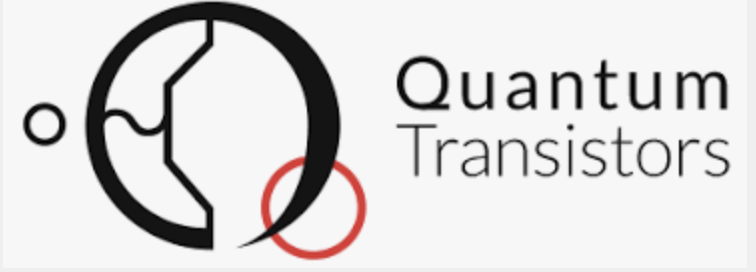Insider Brief
- A Chinese-led team of scientists has discovered a new material that could potentially be used to create ultra-low temperatures.
- Many scientific and technological processes, including several quantum computing approaches, require helium to create ultra-cold conditions.
- The researchers warn that this work is early and more research will be required to determine if the approach is feasible and scalable in the long term.
A Chinese-led team of scientists has discovered a new material that could potentially be used to create ultra-low temperatures, a critical requirement for advanced technologies such as quantum computing, according to The South China Morning Post. Although the work is preliminary, the researchers told the SCMP that the advance could hold significant implications for China, which currently relies heavily on imported helium for cooling in various high-tech applications.
Helium, particularly the rare isotope helium-3, has been the standard coolant in technologies requiring extreme cold, including in the fields of medical equipment and space exploration, the newspaper reports. However, helium is not only scarce but also increasingly in demand, especially for hi-tech industries. The majority of helium-3, highly effective in extreme cooling, is sourced from aging nuclear warheads. As the SCMP reports, in 2022, China imported 94% of its helium, primarily from Qatar, the United States, and Australia. Notably, China has virtually no helium-3 and relies almost entirely on Russia and the United States for this isotope.
The urgency of finding an alternative to helium-based cooling systems led the international team, spearheaded by researchers at a laboratory of the Chinese Academy of Sciences (CAS) in Beijing, to seek a solid material capable of achieving significant energy changes through state alterations. After extensive experimentation, they discovered a cobalt-based quantum magnetic material described as “supersolid,” possessing both solid structure and fluid-like behavior. Remarkably, this material was observed cooling to below 1 Kelvin, a temperature range crucial for developing cutting-edge technologies like quantum computing.
Sun Peijie, a professor at the Beijing National Laboratory for Condensed Matter Physics at the CAS and a co-corresponding author of the study, told the SCMP that only a few scientists globally are exploring the use of solid-state materials for achieving ultra-cold temperatures. According to thermodynamic principles, ultra-low temperatures range between 0 and 4.2 Kelvin, with the absolute zero marked at -273 degrees Celsius (0 Kelvin or -459 Fahrenheit), SCMP reports.

The team’s findings, published in the peer-reviewed journal Nature on January 11, involve collaboration with institutes including Beihang University’s School of Physics and the Institut Laue-Langevin’s Jülich Centre for Neutron Science in France. Sun highlighted that this study theoretically demonstrates the possibility of attaining extremely low temperatures without relying on helium.
However, Sun cautioned against overinterpreting the team’s progress, noting that the research is still in its early stages and the material has limitations. For instance, it would need to be used in an environment already at about 4 Kelvin. Thus, while this development represents a significant step forward, it is not yet a replacement for helium. The scarcity of helium, and especially helium-3, remains a challenge for China as it advances in quantum technology development amidst increasing geopolitical tensions over technology.
If you found this article to be informative, you can explore more current quantum news here, exclusives, interviews, and podcasts.



















